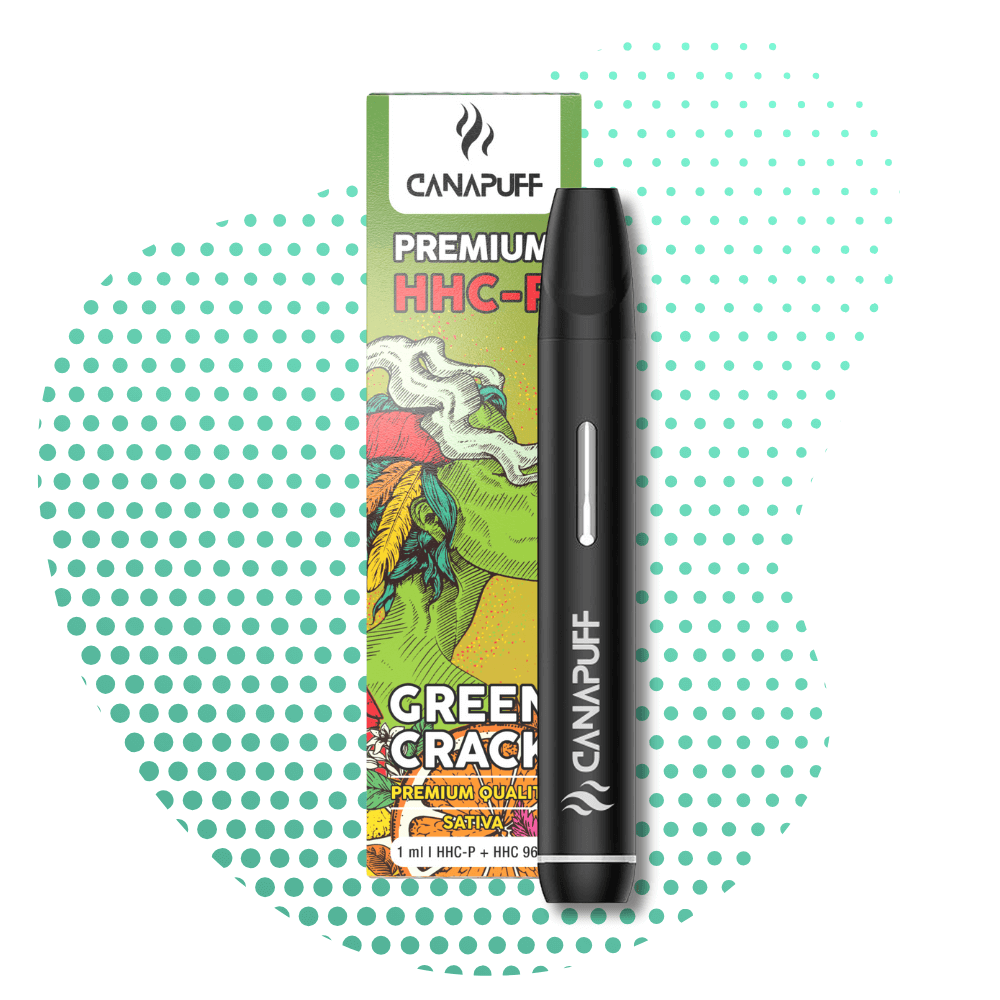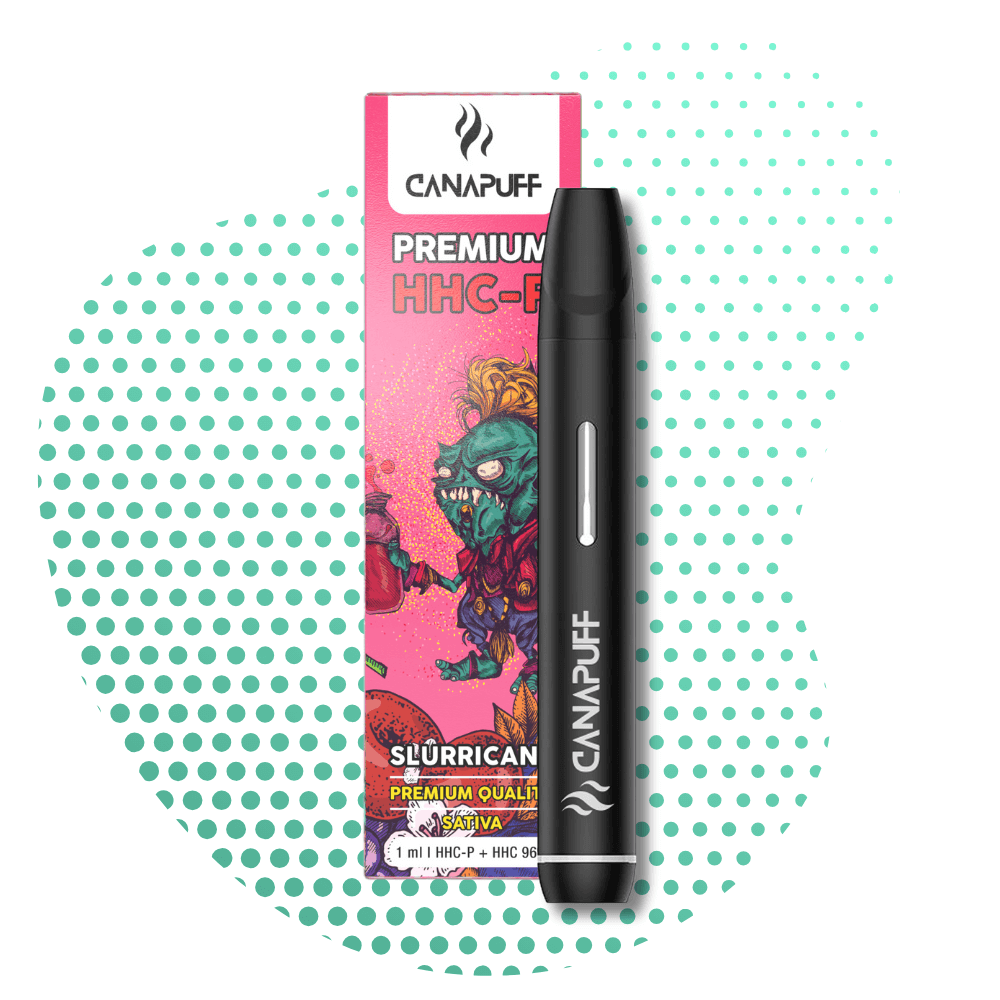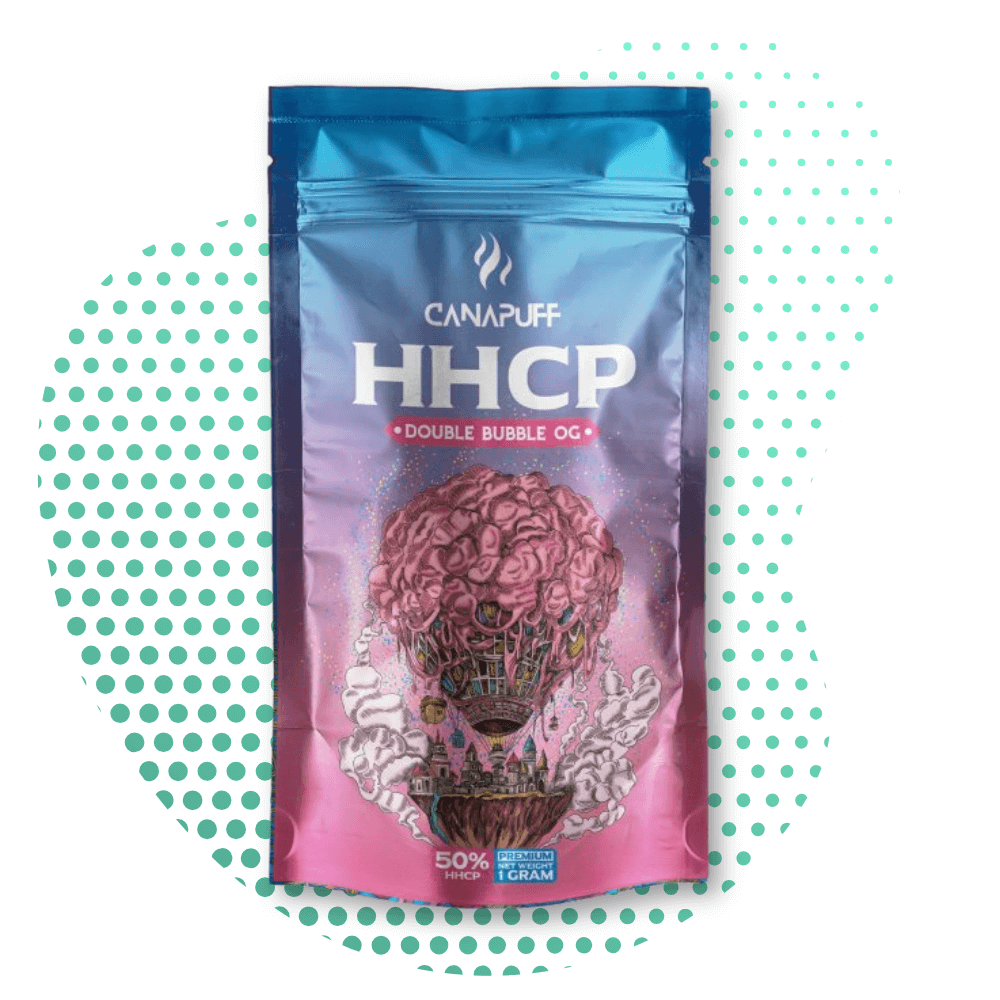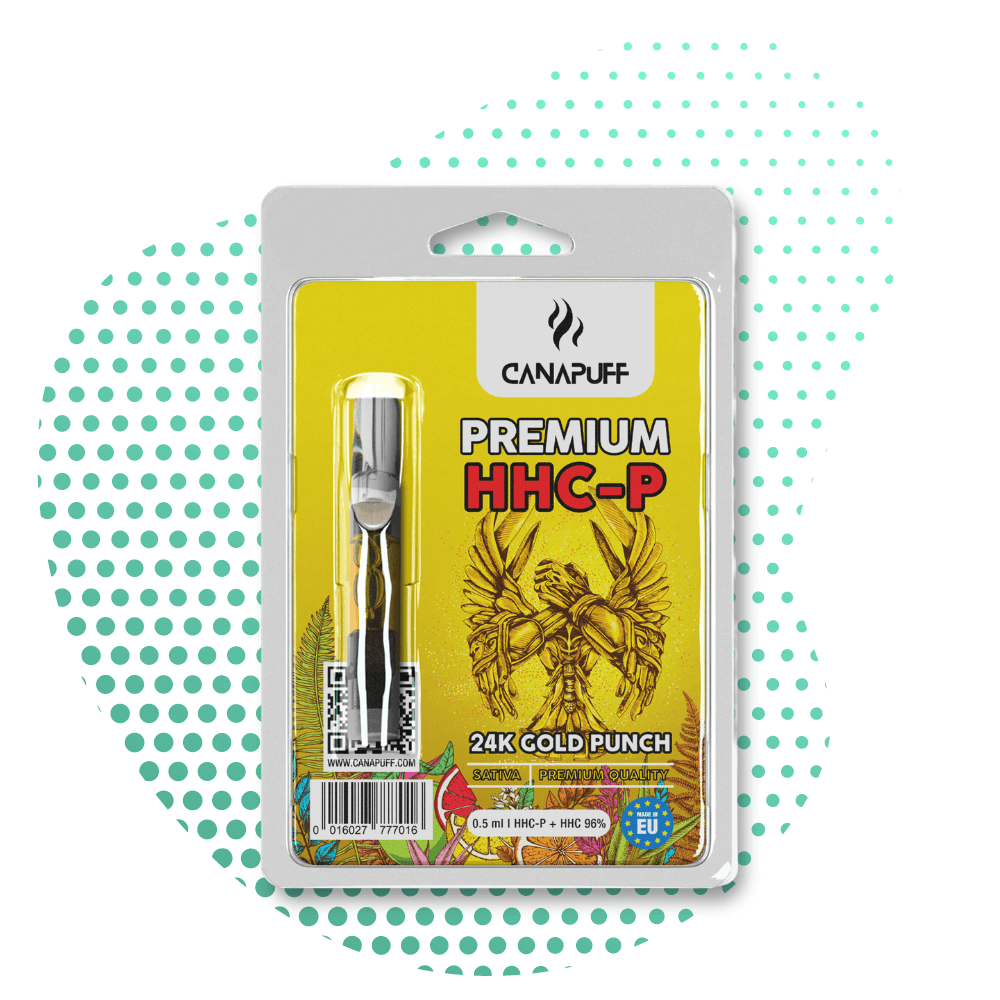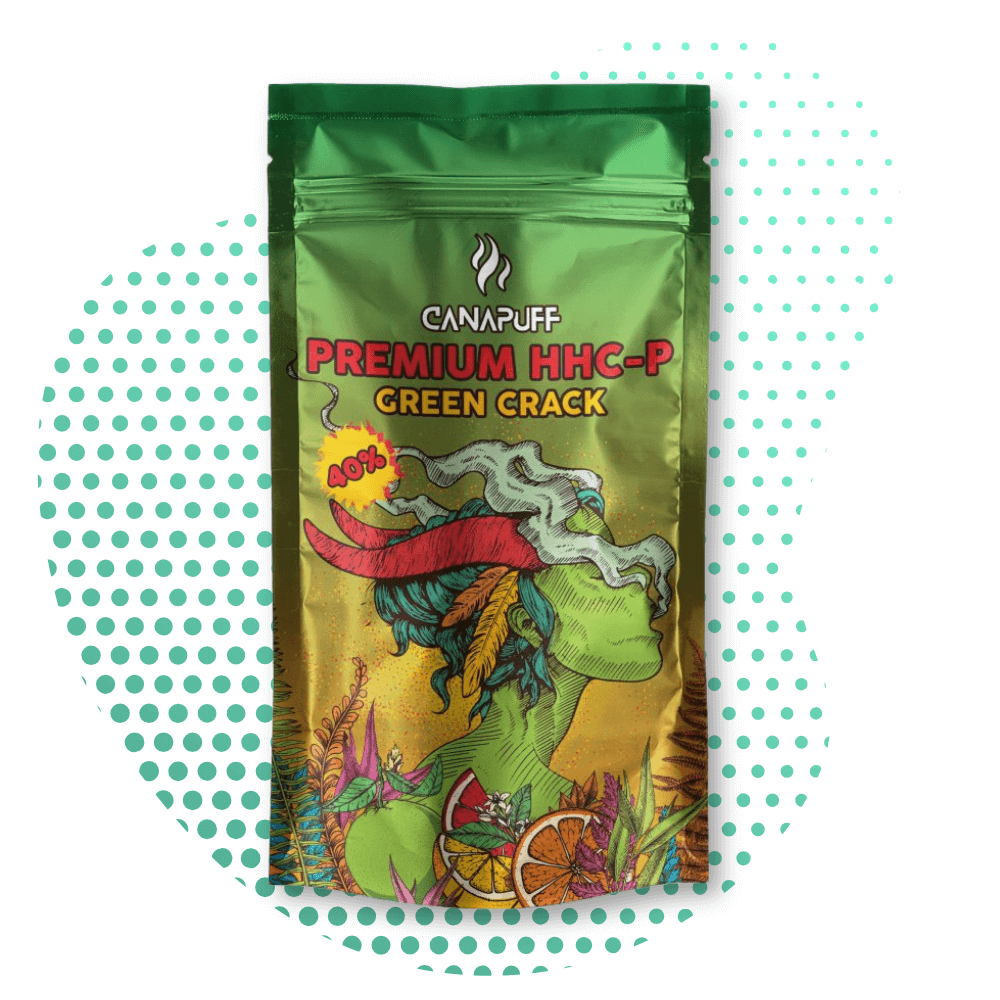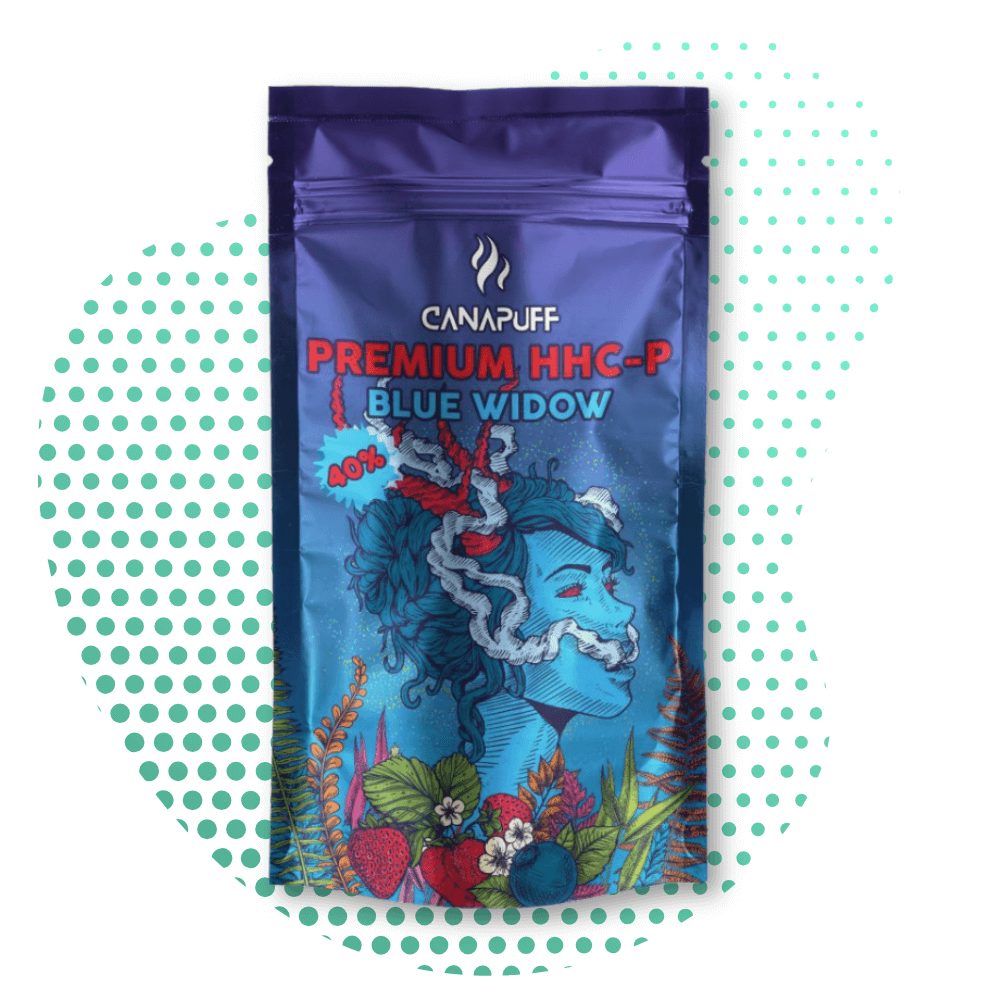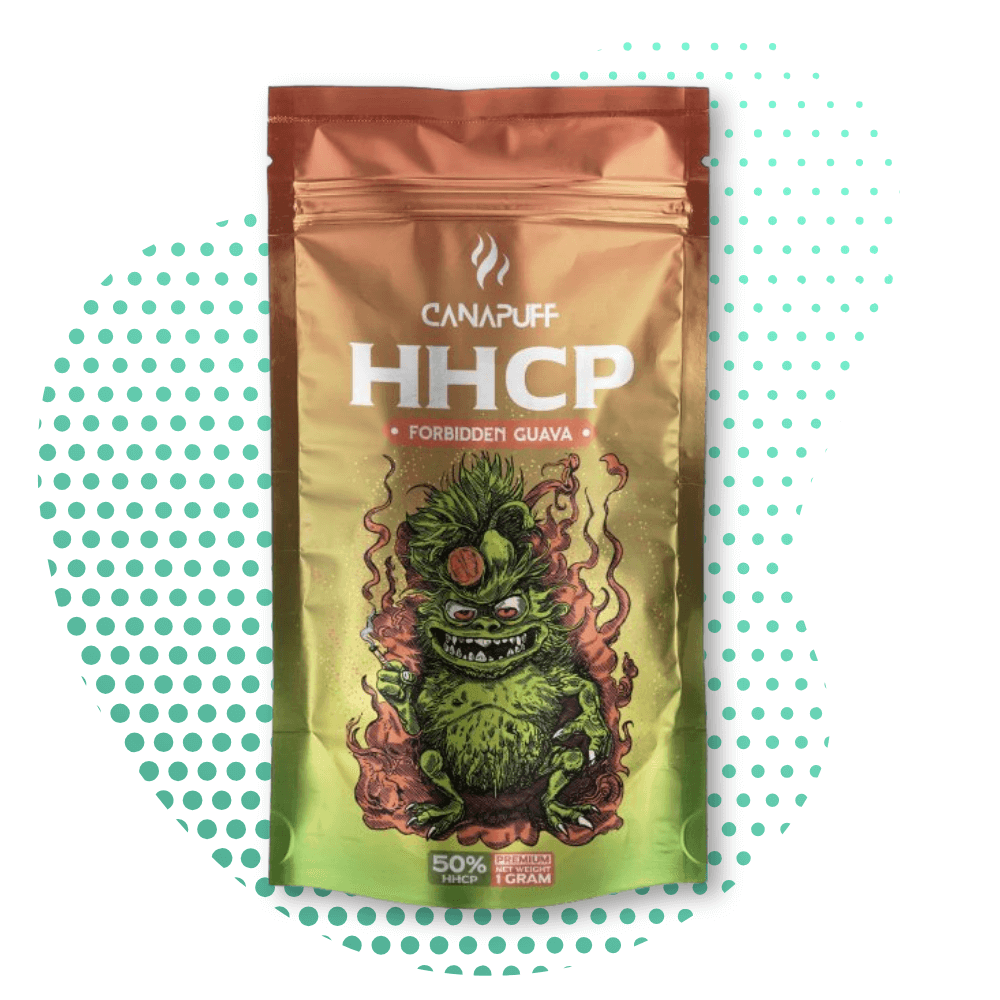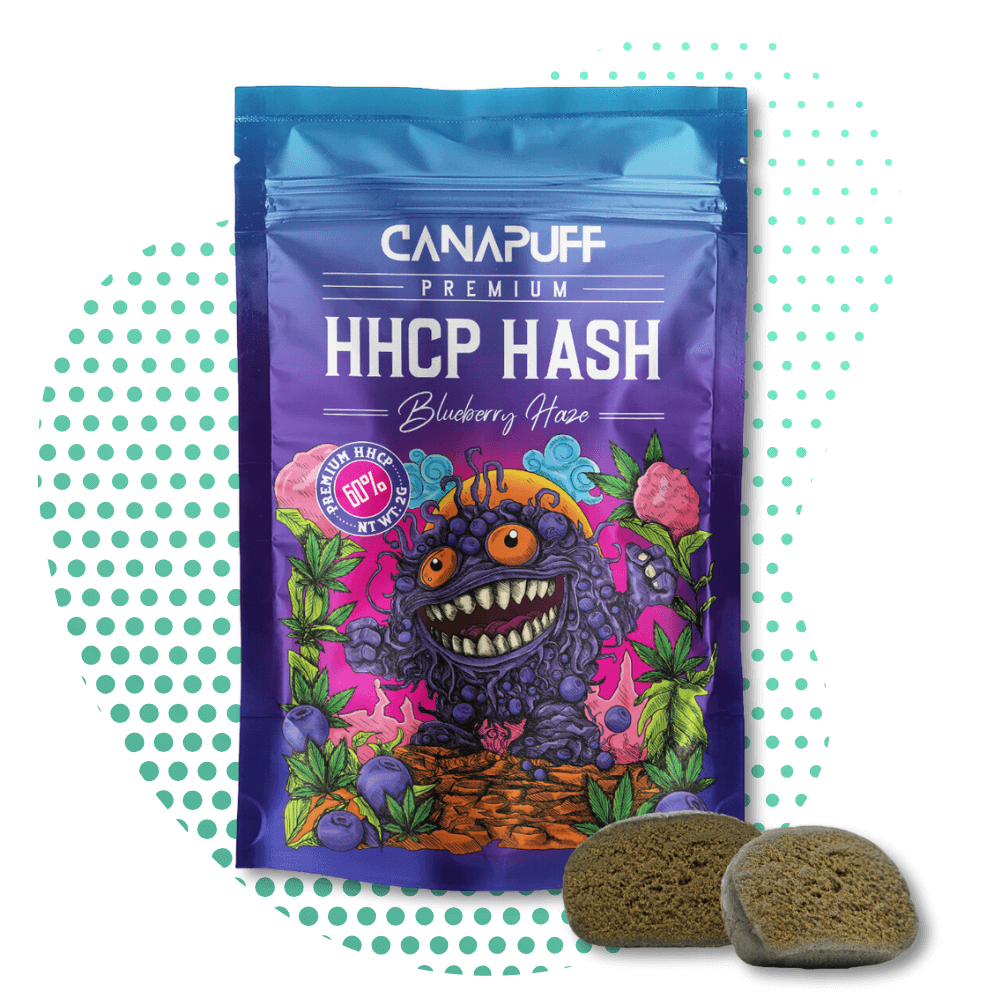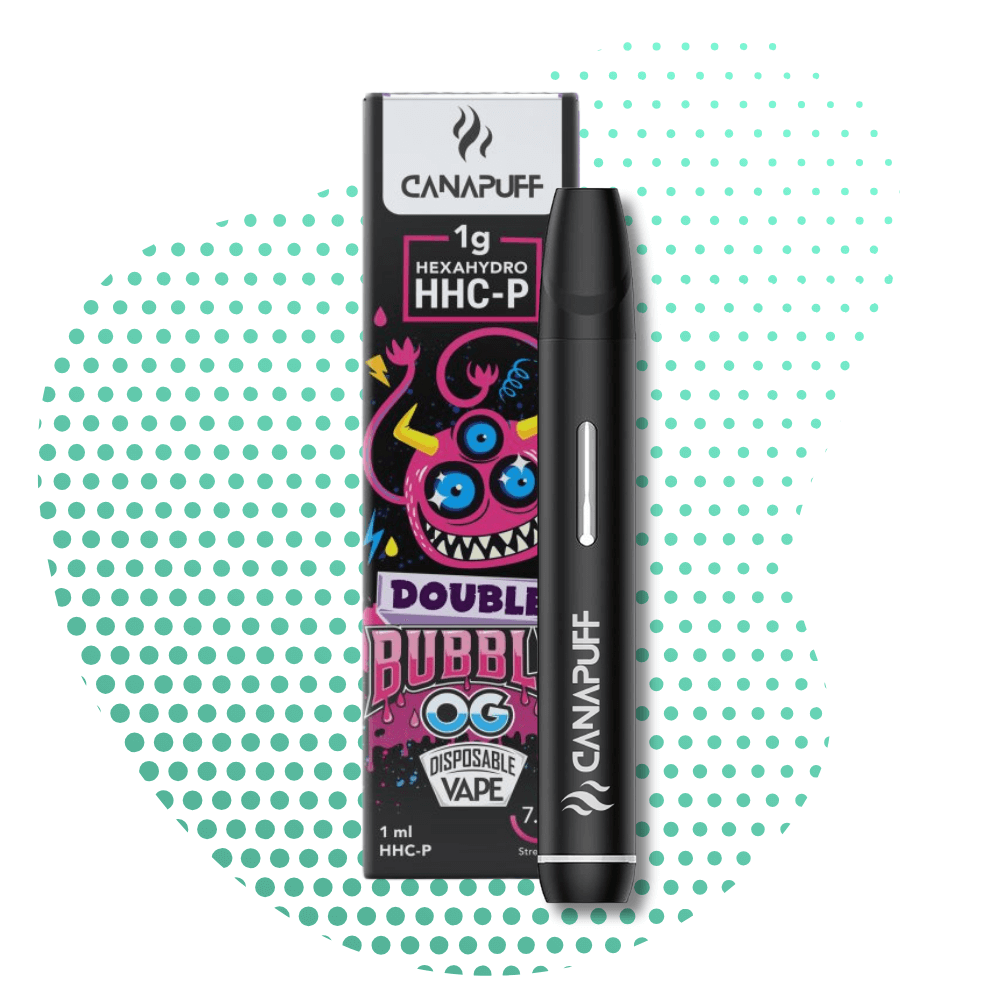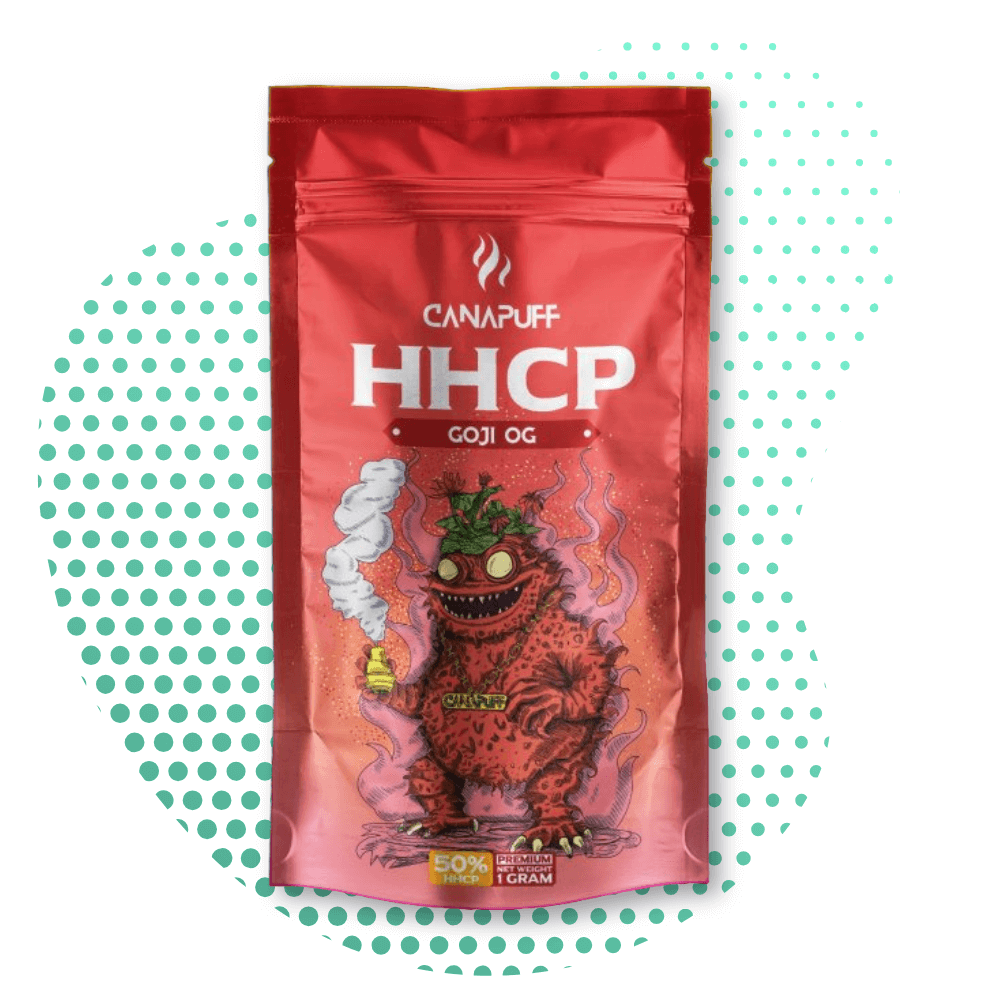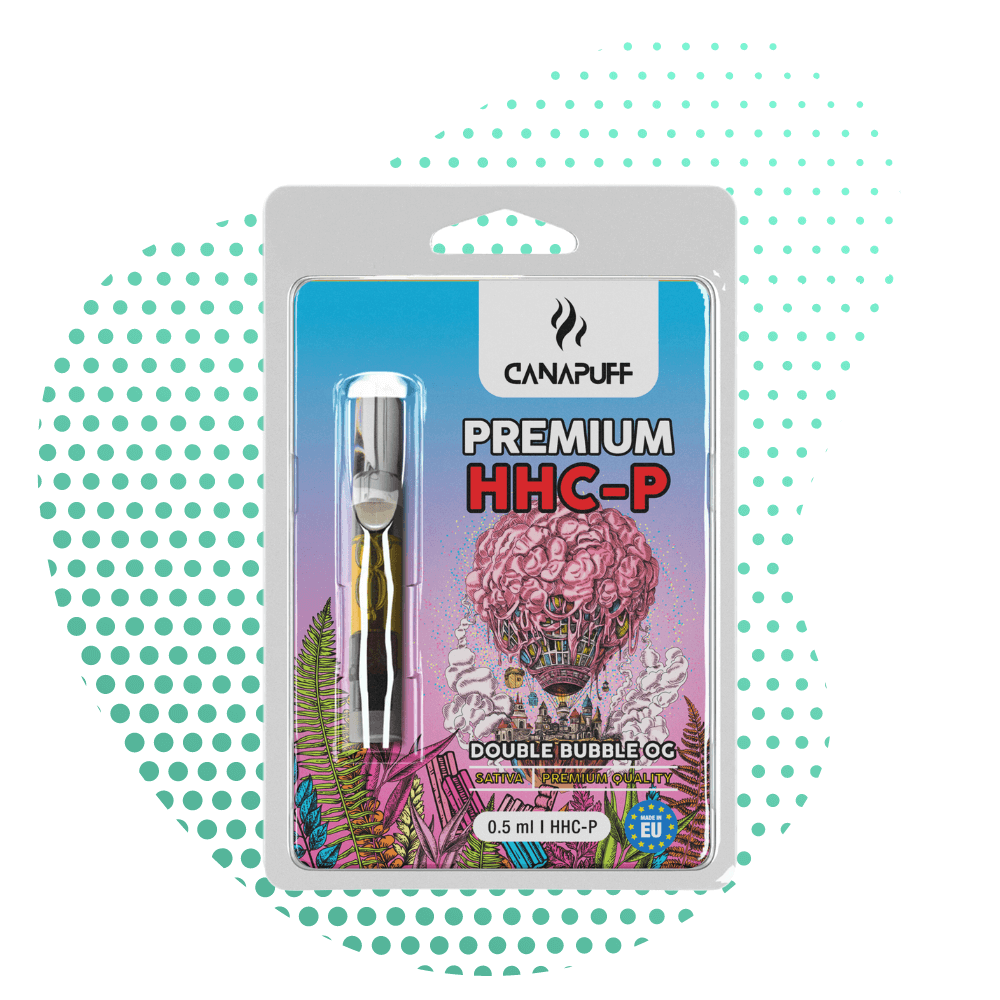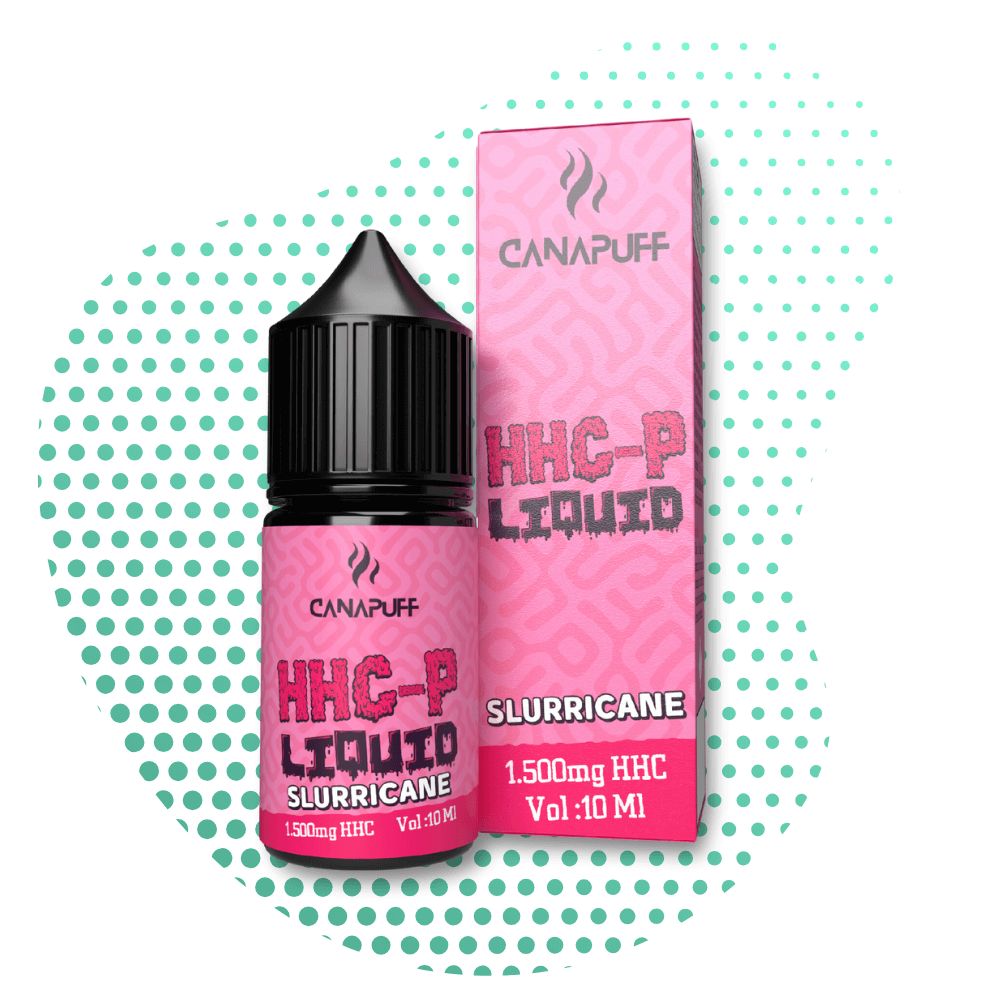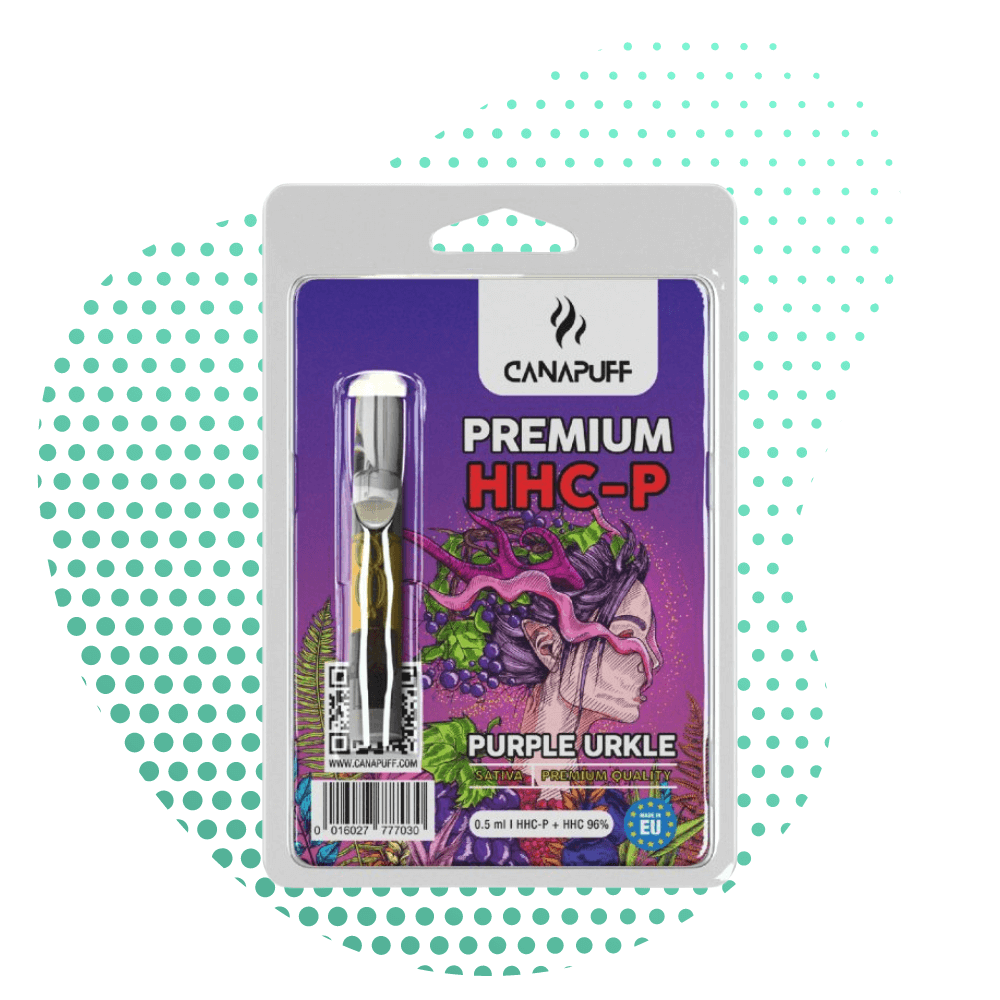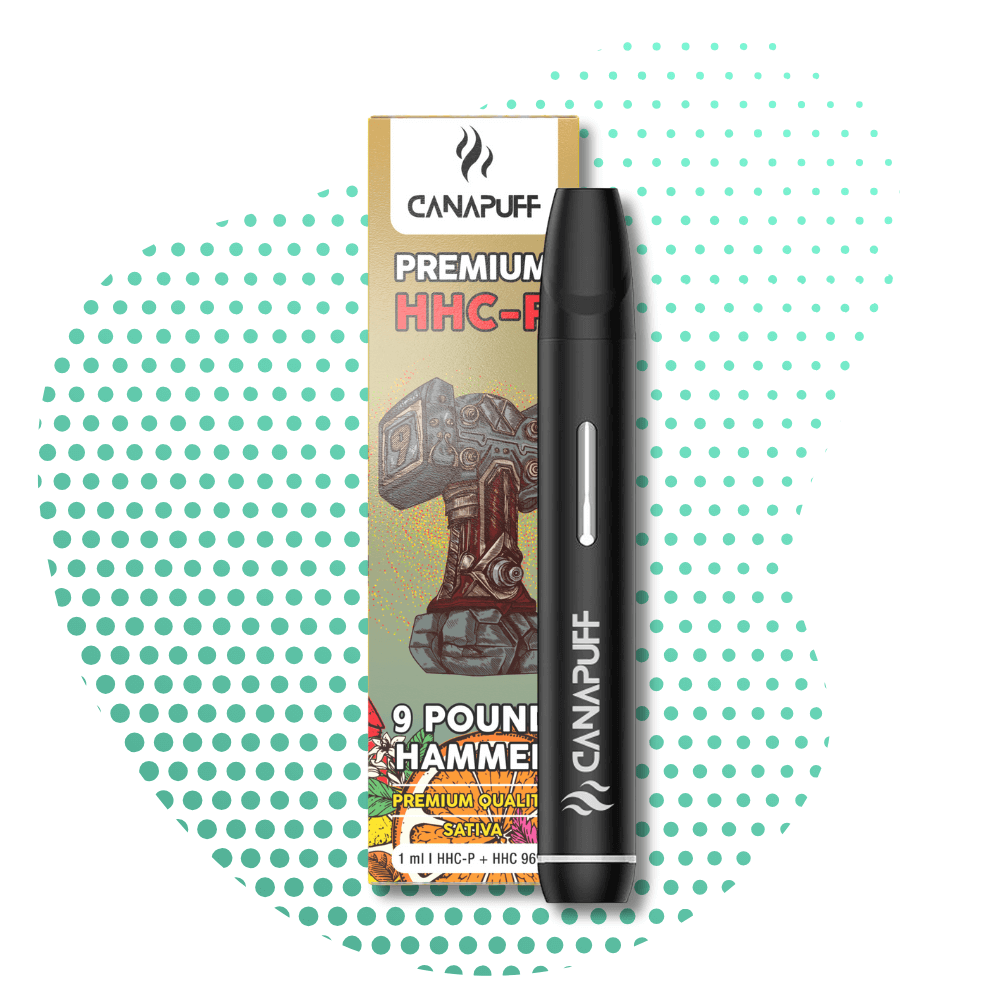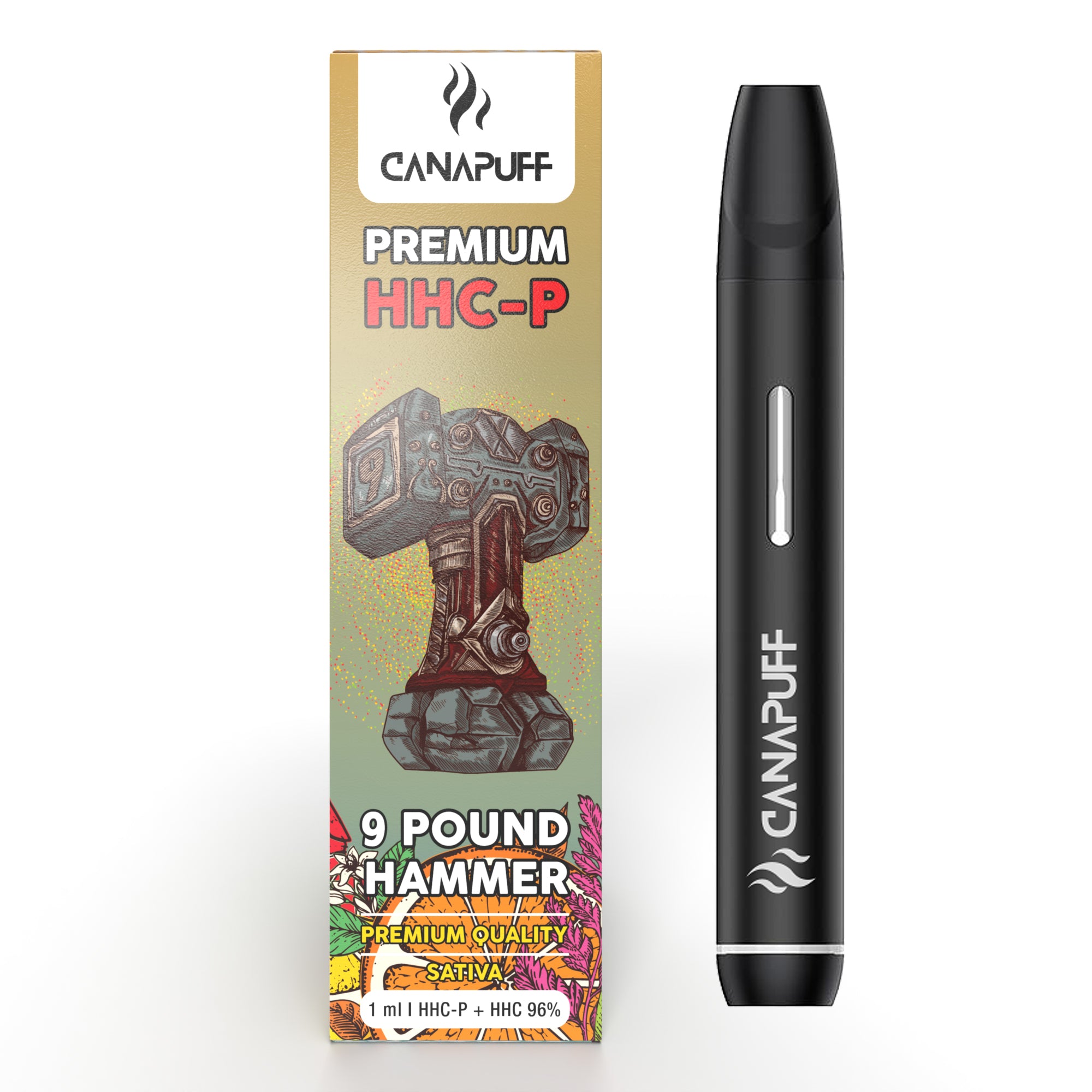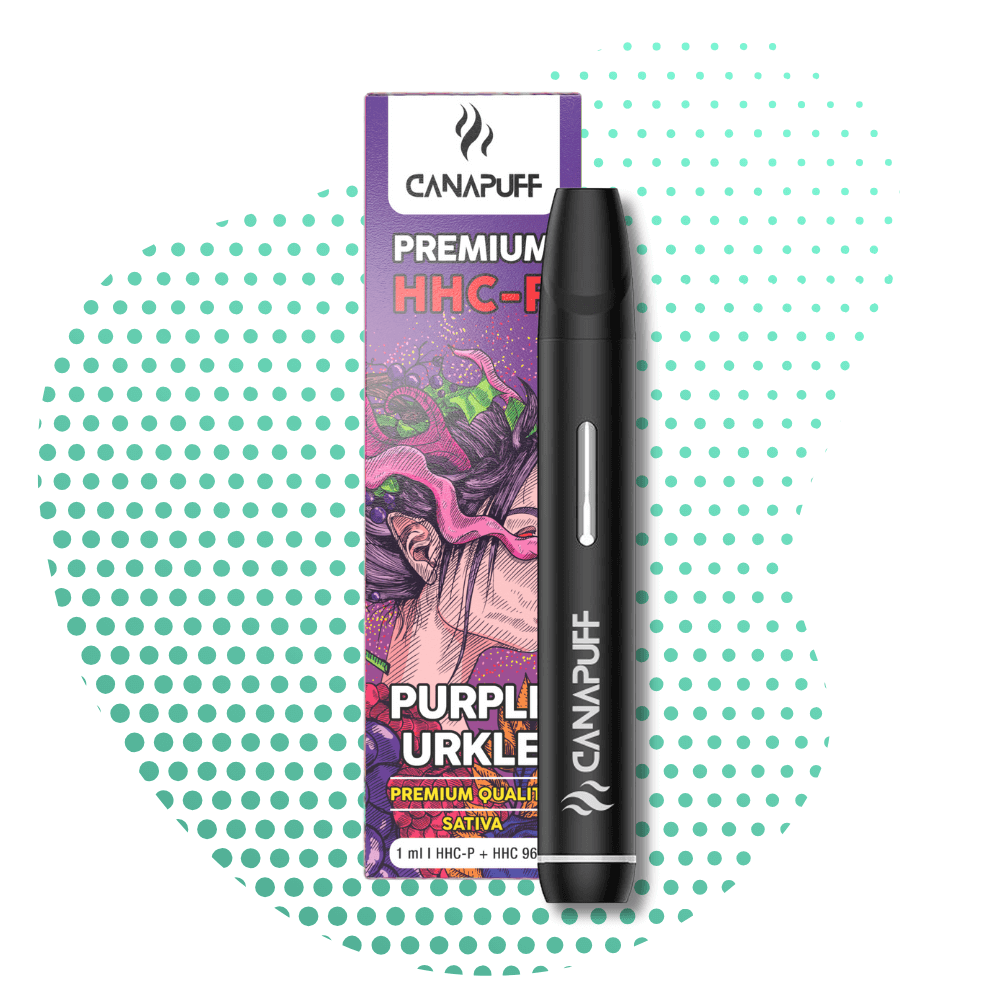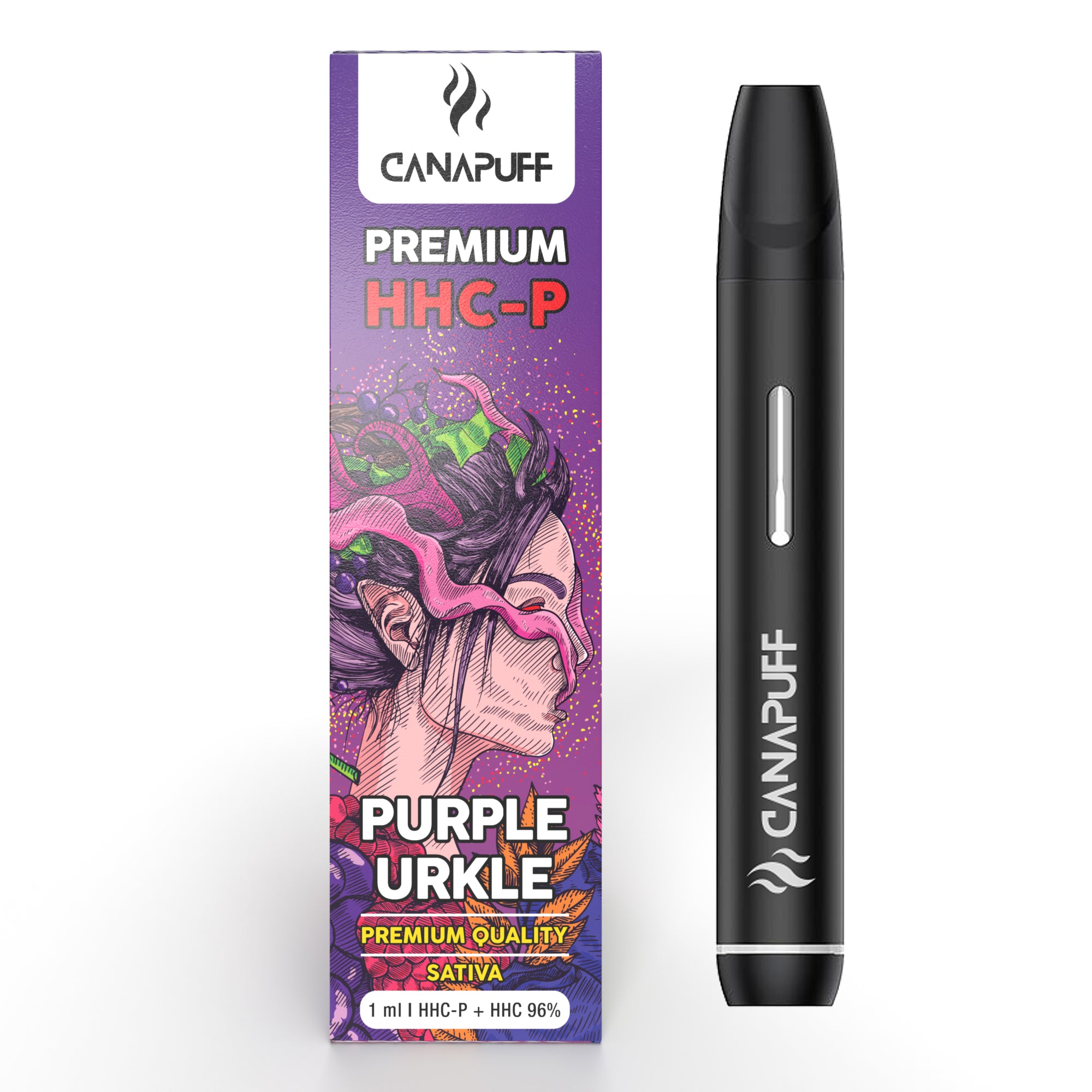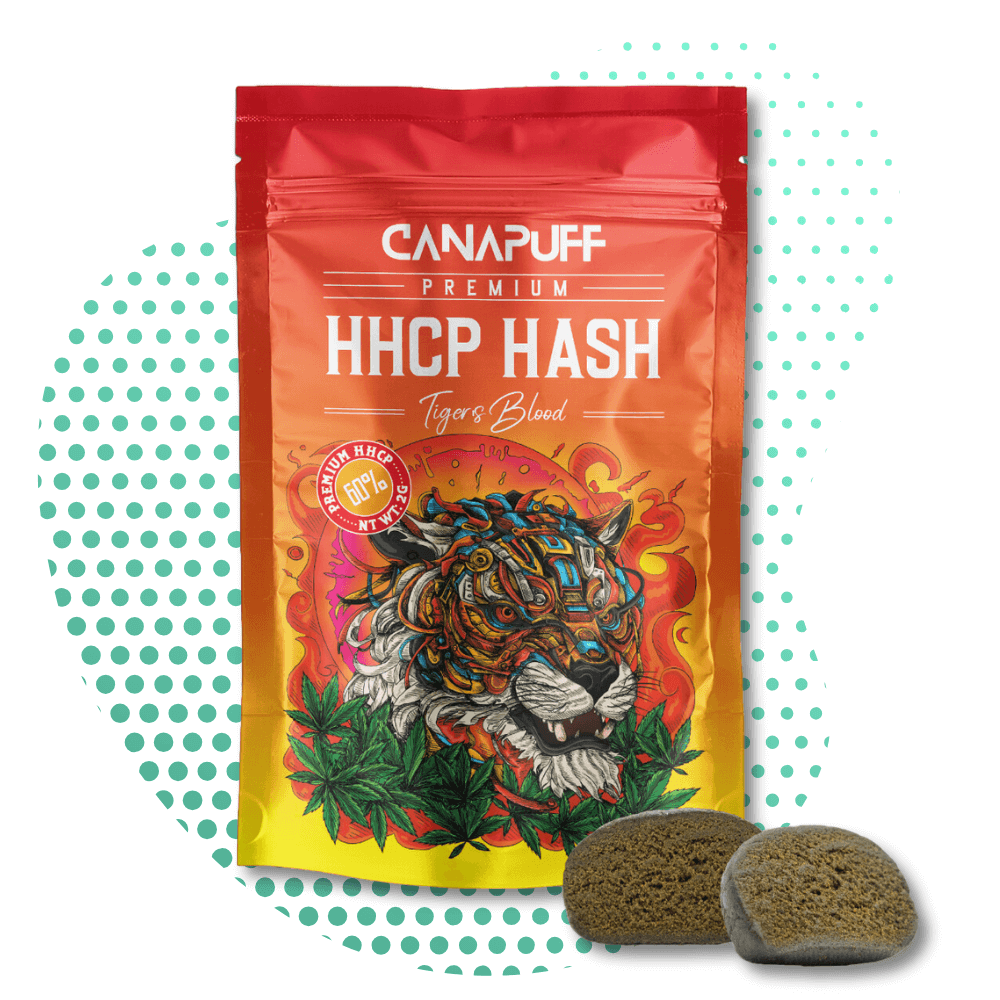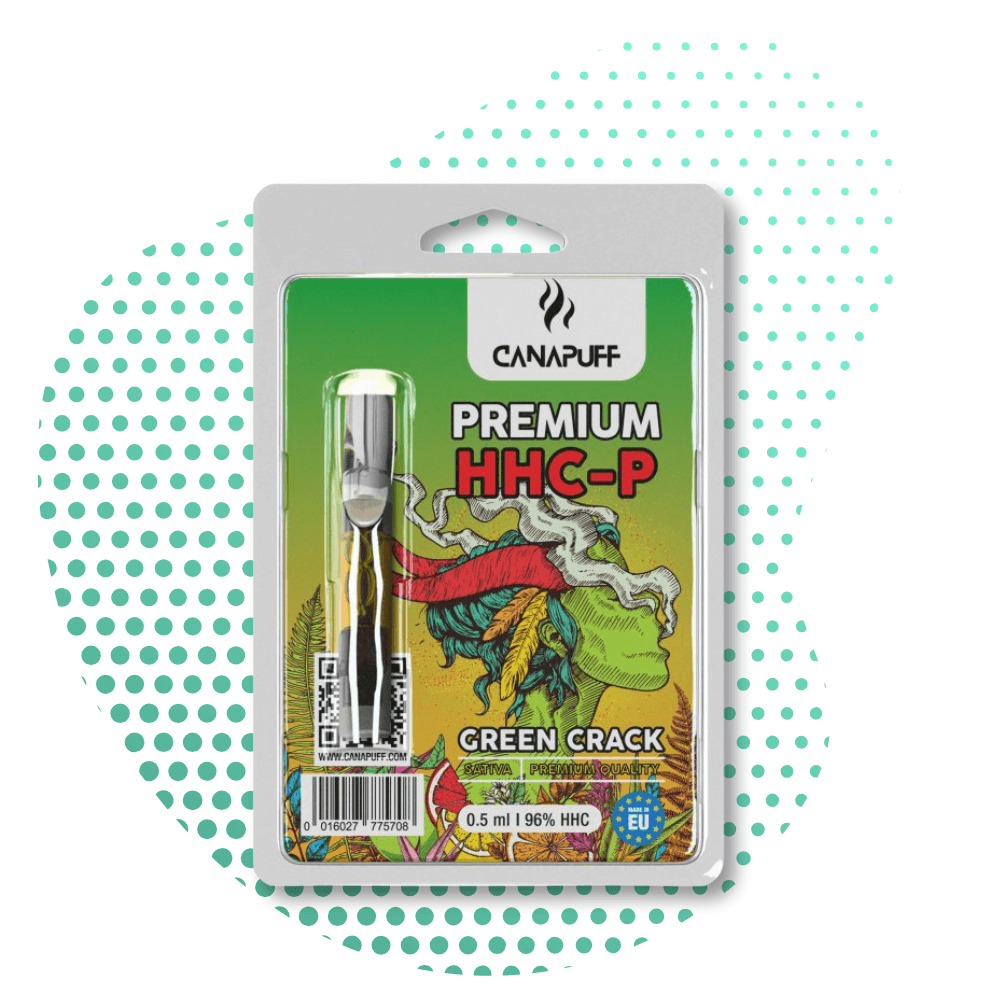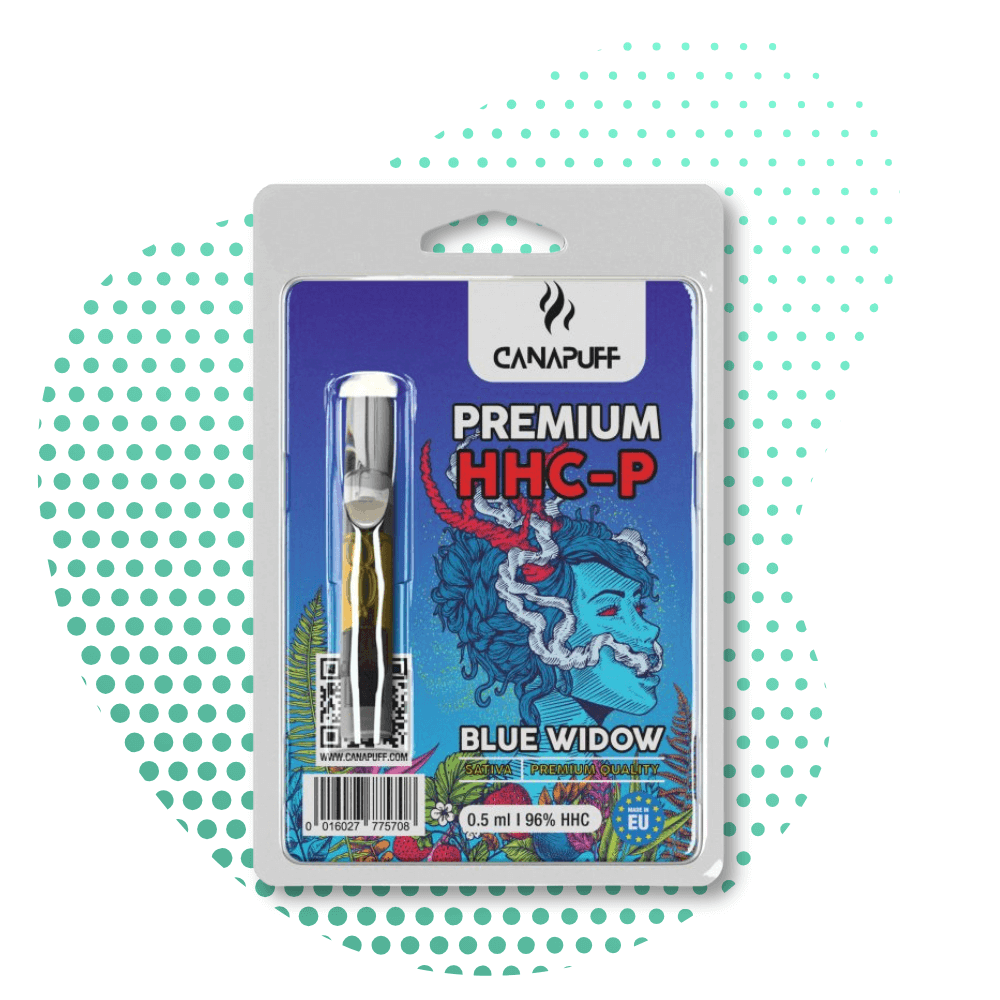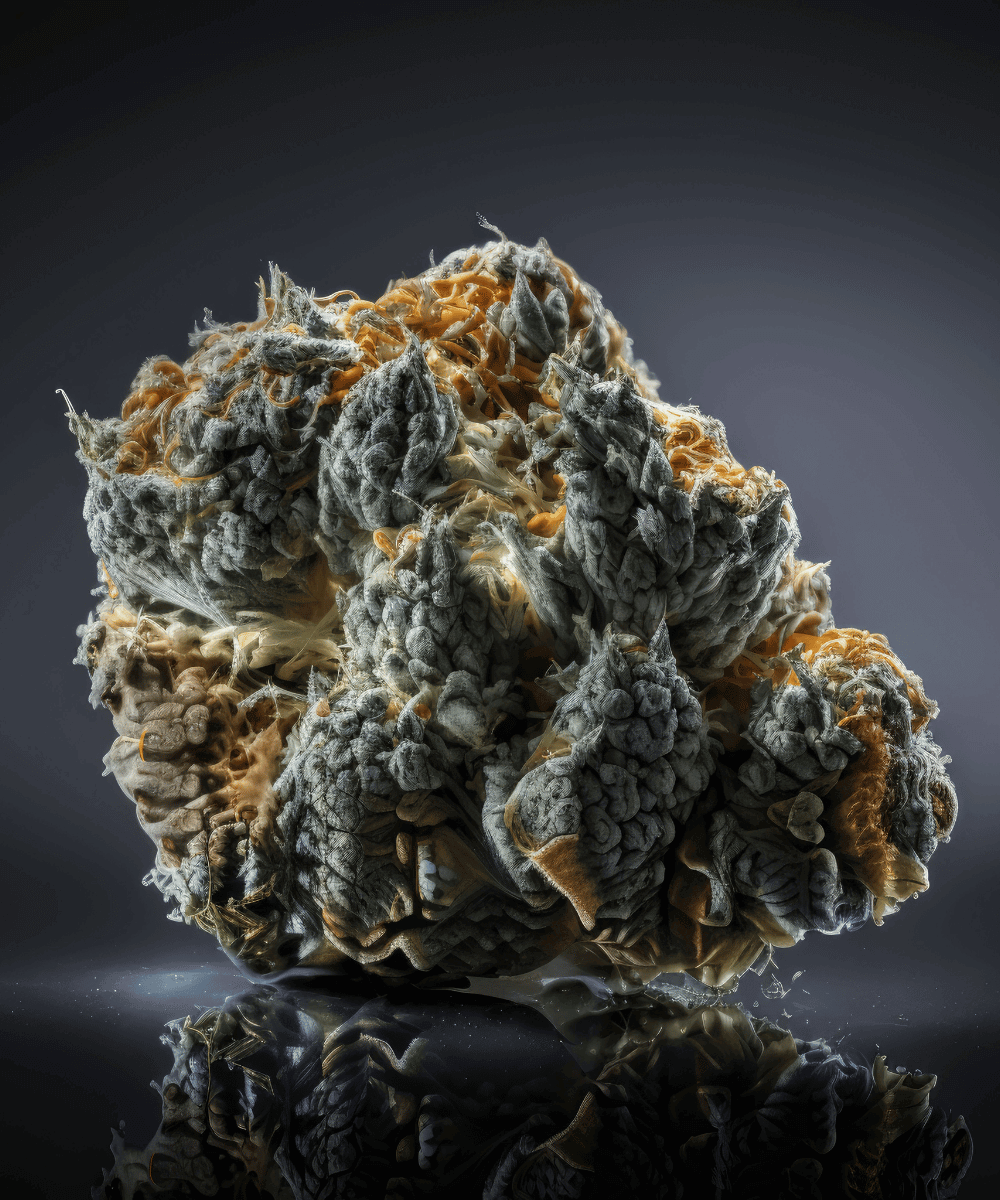HHC-P vs THC-P
HHC-P (Hexahydrocannabinol-Phenyl) and THC-P (Tetrahydrocannabiphorol) are two distinct cannabinoids with different properties and effects.
HHC-P is a synthetic cannabinoid under research. It is believed to have a similar structure to THC (Tetrahydrocannabinol) and may possess psychoactive properties. However, there is still limited scientific knowledge about HHC-P, and its exact effects are not fully understood.
In contrast, THC-P is a lesser-known cannabinoid found in cannabis. It is believed to have a higher binding affinity to cannabinoid receptors compared to THC and may potentially induce more intense psychoactive effects. Research on THC-P is still in its early stages, and further investigations are needed to understand its effects and potential applications better.
Overall, HHC-P and THC-P are two distinct cannabinoids with different chemical structures and potential effects. Further scientific research is necessary to gain a better understanding of their properties and potential uses.
Does HHC-P get you high?
The potential psychoactive effects of HHC-P (Hexahydrocannabinol-Phenyl) are still being researched, and there is currently limited scientific understanding of its specific impact on the body and mind. While some early studies suggest that HHC-P may have psychoactive properties similar to THC (Tetrahydrocannabinol), further research is needed to fully elucidate its effects and determine its safety profile.
As with any cannabinoid, the psychoactive effects of HHC-P, if any, may vary depending on factors such as dosage, individual physiology, and method of administration. Until more comprehensive research is conducted, it is essential to approach HHC-P with caution and adhere to appropriate guidelines for its use.




